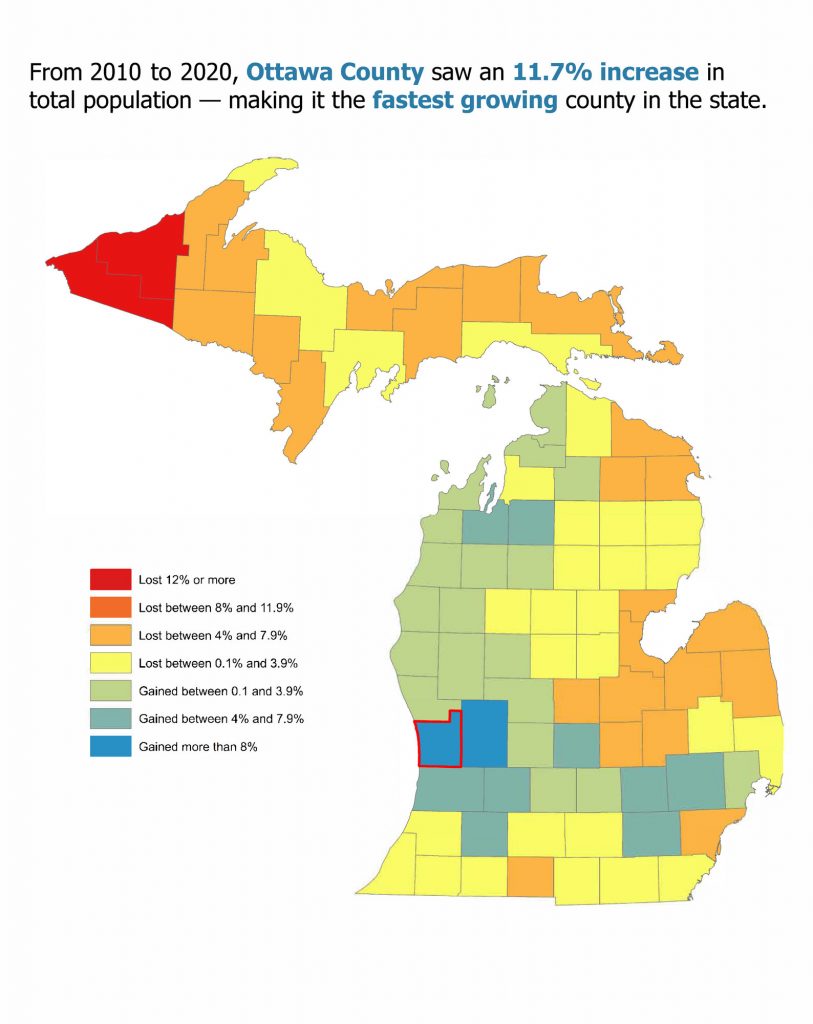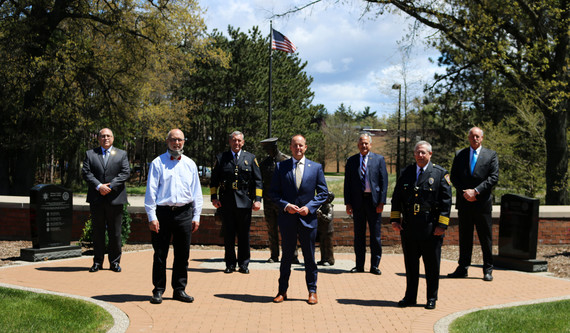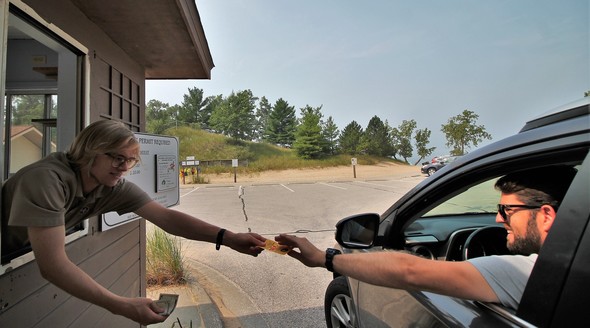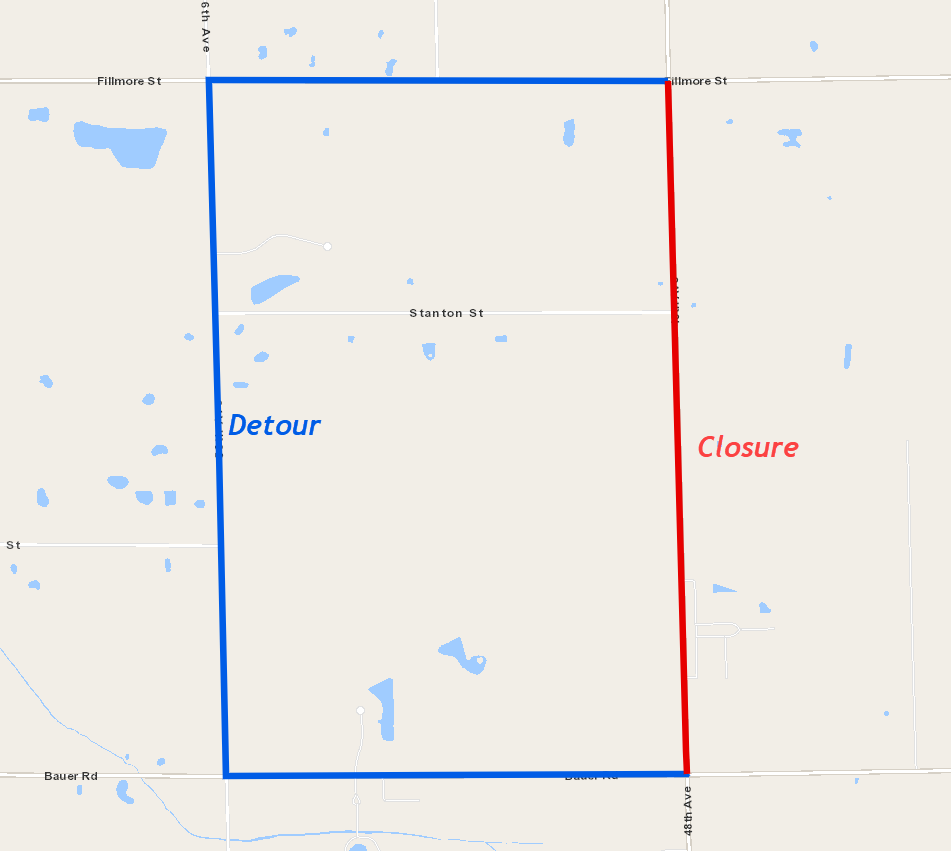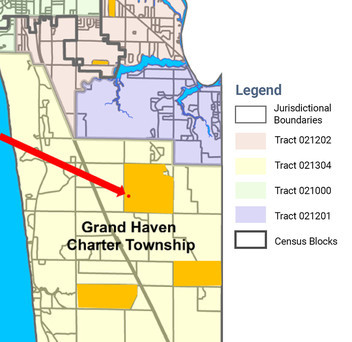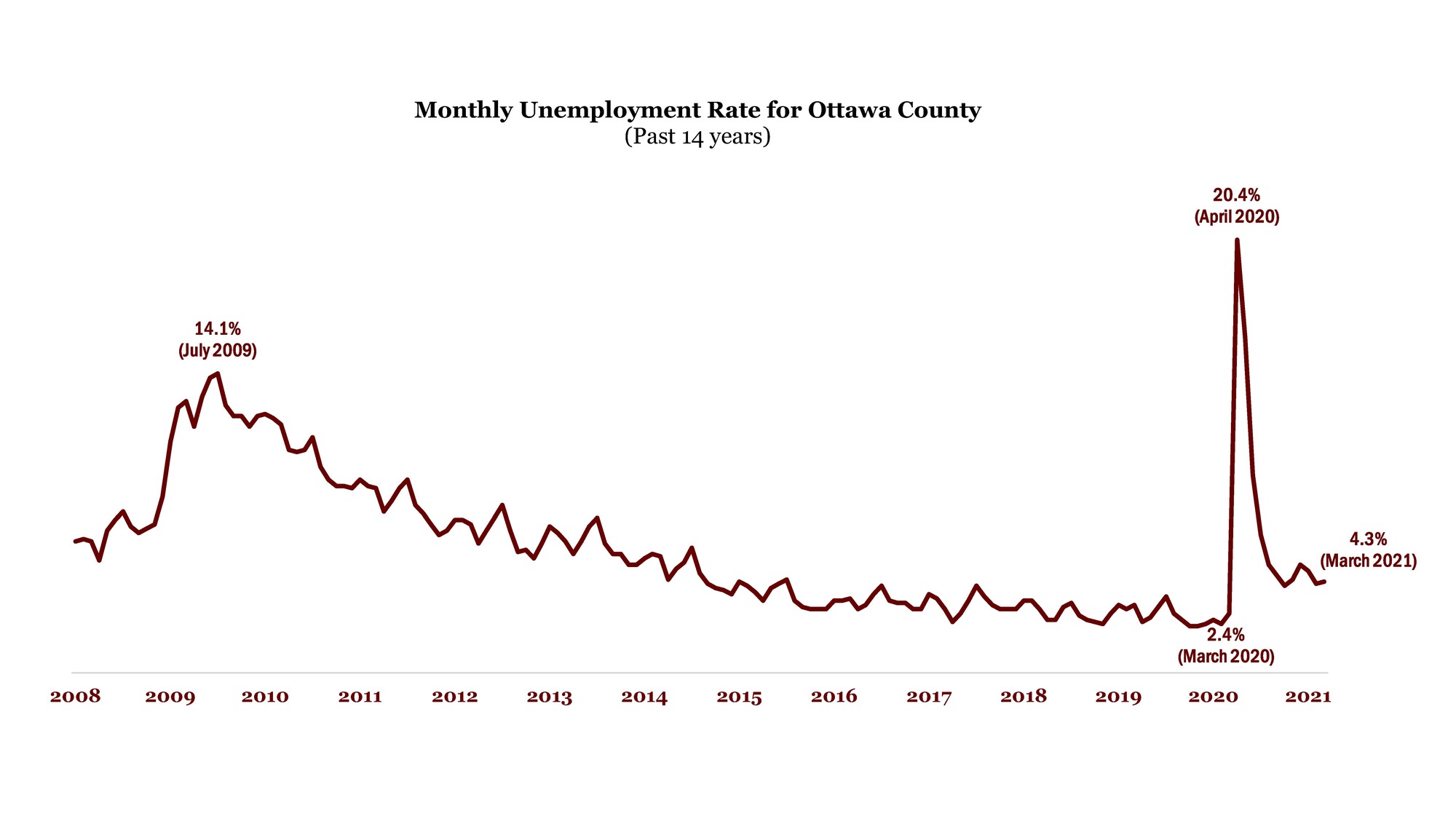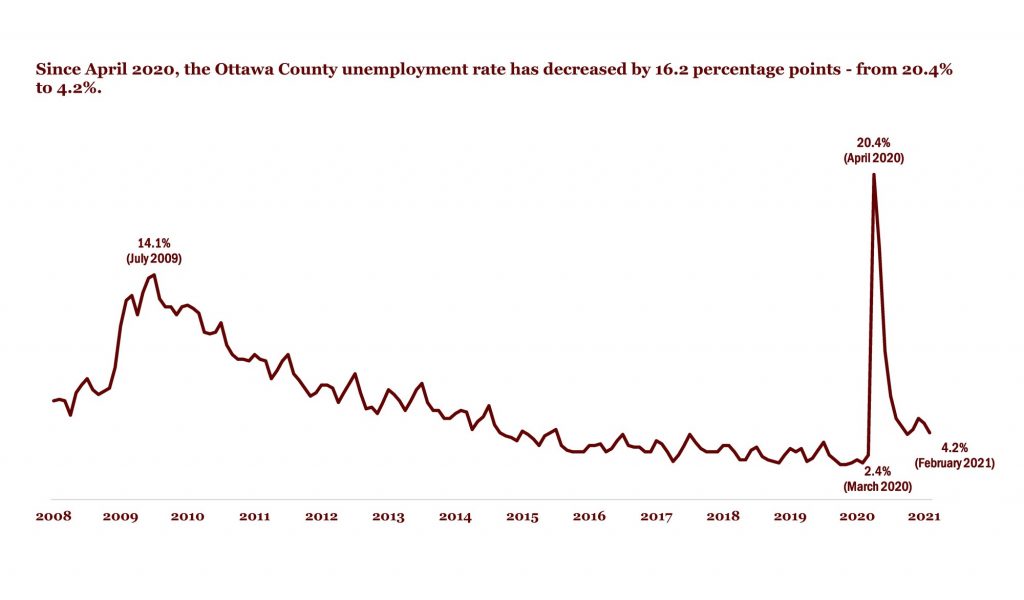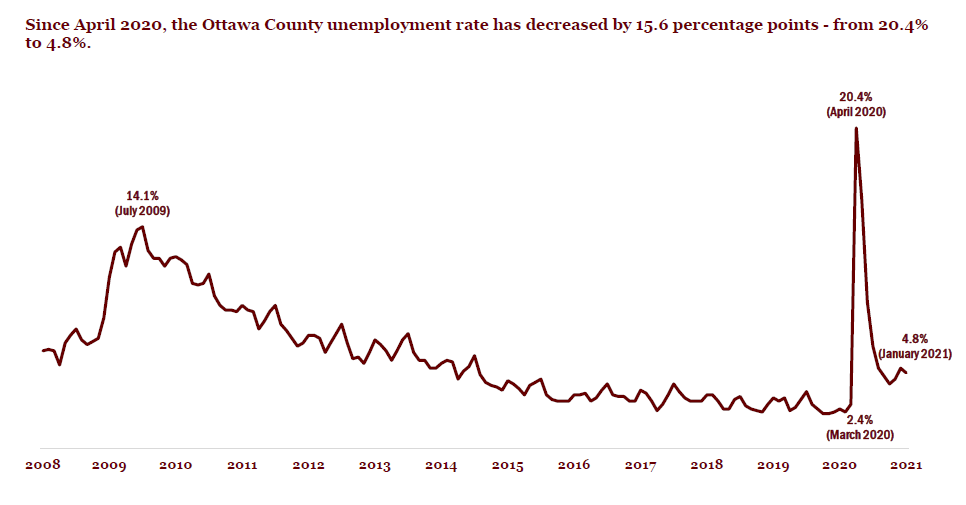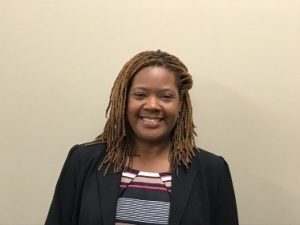Telephone calls will be made through August to residents’ landlines and mobile phones. Help make Ottawa County a better place by taking 15 minutes to answer the call and provide valuable feedback.
Starting this week, Ottawa County adults will have the opportunity to give input on their satisfaction with local government services, priorities, tax burden, communication preferences and more. Ottawa County will begin its citizen survey on August 3. The survey was initiated in 2006 to monitor citizen satisfaction. The survey, originally planned for 2020, was delayed for one year due to the pandemic.
A total of 400 residents will be randomly selected and surveyed via phone by Lansing-based EPIC ▪ MRA. The telephone calls will be made through August to residents’ landlines and mobile phones. Participation is voluntary and anonymous. The survey will take less than 15 minutes to complete. If selected and called, resident participation is very important to the County. The information from the survey will help County leaders improve services, develop strategic plans, prioritize programs, allocate funds, and improve communication. Results are expected to be available early in the fall and will be reported at an Ottawa County Board of Commissioners meeting. Reports from surveys completed in 2006, 2008, 2010, 2012, 2014, 2016 and 2018 are available at miOttawa.org.
“Information from this survey is an excellent gauge of whether or not our residents are satisfied. Are we meeting their needs? Are our priorities aligned with their priorities? And, are we doing this all within a financially acceptable means?” said Shannon Felgner, Ottawa County Communications Manager. “Our hard data shows we are doing things well. We have top credit ratings. We can boast one of the lowest tax rates among Michigan’s 83 counties. Our crime rates are low. We rank well in health behaviors and outcomes. Our population is growing. But we also want to hear from our people. That’s why we’re asking residents who receive a call to please contribute 15 minutes of their time. The answers help make Ottawa County a better place for all of us,” added Felgner.
Sample questions:
- Overall, do you think Ottawa County is headed in the right direction, or, do you think things are pretty seriously off on the wrong track?
- What is the single most important issue facing your community that the county government must address?
- How would you rate the job that Ottawa County does in managing county finances?
- How would you rate the quality of the Ottawa County website?
For statistical purposes, the surveyors will also ask demographic questions such as year of birth, the number of children the home, educational attainment, race/ethnicity, and household income.




